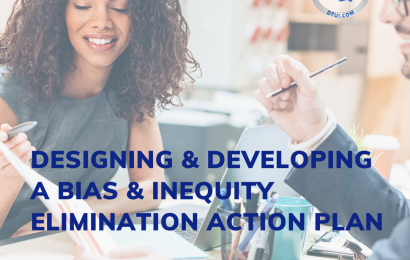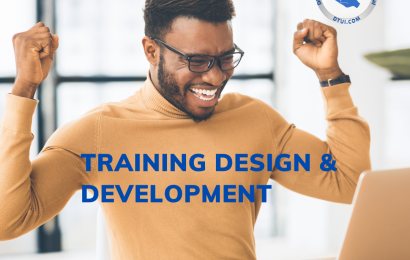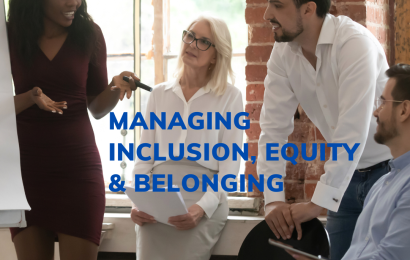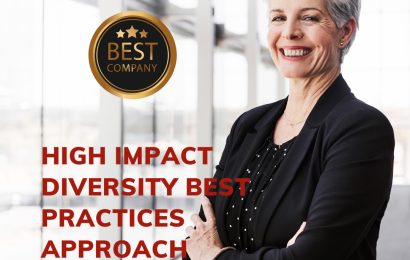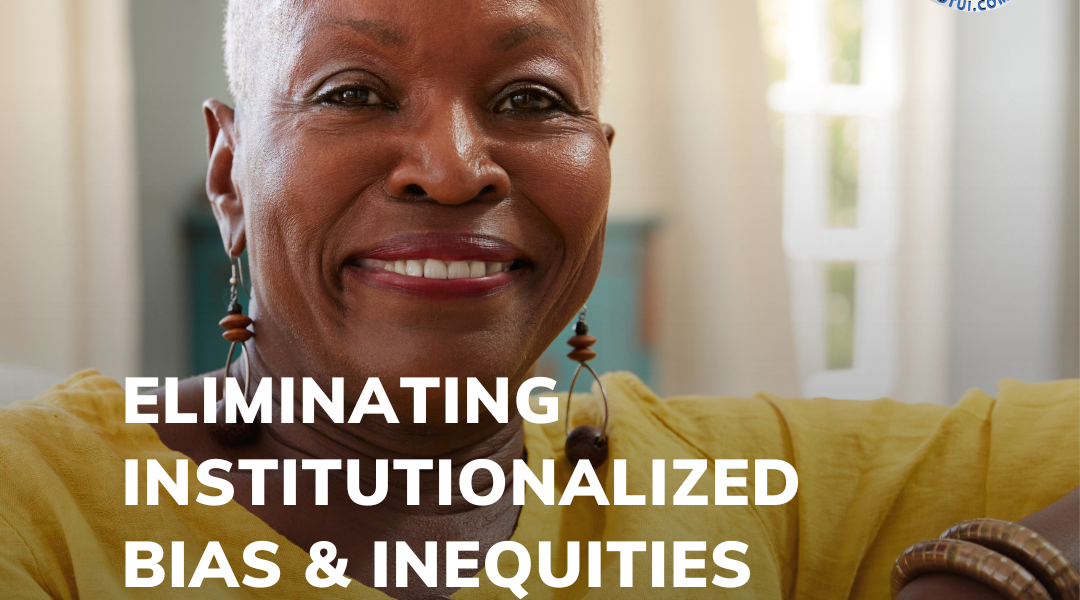
- Instructor: Kopenhavn
- Students: 2
Introduction to Cultural Diversity Inclusion & Equity Leadership
The Introduction to Cultural Diversity Inclusion & Equity Leadership course aims to provide participants with a deep understanding of institutional racism, inequity, and its impact on marginalized and racialized communities. Through this course, participants will learn about the various forms of institutional racism prevalent in our society and develop the skills and knowledge necessary to identify and eliminate them.
The course is required to complete the Certified Diversity Equity Professional certification program, an entry-level certification demonstrating an understanding of the fundamentals of identifying and addressing areas where an organization falls short in creating an equitable and inclusive environment. Their job responsibilities include examining policies, procedures, and practices to identify barriers preventing certain groups from participating fully in the organization. They also conduct interviews and surveys to gather information about employees’ experiences and perspectives and recommend changes the organization can make to hiring practices and training programs.
This certification is ideal for individuals new to equity work as well as seasoned professionals seeking continuing education. Graduates earn the CDEP designation. The credential program requires completing two courses that include assignments and assessments.
Course Overview
This course provides participants with a framework for transforming an organization into an engaged, productive, and inclusive workforce. DELA 100 training requires the completion of 10 modules. The course provides participants with exercises, short video presentations, and individual and Discussion Group activities to develop cultural diversity practitioner skills. There are also two required scenario-based quizzes to integrate the course content.
- Instructor: TBD
- Length: 10 Online Modules
- Office hours: TBD
- Grade: Pass/Fail (78%)
- Course Access: 365 Days/ 7 Days per Week/ 24 Hours per Day
- Format: Online
- Contact: +1.415.692.0121 (Business Office); admin@dtui.com
Objectives
- Develop a strong understanding of the historical context, bias, power dynamics, and privilege in the workplace.
- Enhance leadership skills to become a more effective cultural diversity, equity, and inclusion (CDEI) leader.
- Learn to facilitate productive conversations that address equity, diversity, and inclusion.
- Gain critical knowledge and skills to address bias and marginalization and foster an inclusive corporate culture.
- Learn conceptual models to identify and address biases, promote behavioral change, redefine leadership, and recognize dimensions of equity.
- Address known and unknown barriers to building inclusive and diverse teams, such as making the business case and combating unconscious bias.
Goals
By the end of this course, participants will be able to:
- Demonstrate a strong understanding of the historical context, bias, power, and privilege in the workplace. (Specific)
- Identify and measure the opportunities and challenges in developing diverse, inclusive, and equitable initiatives, practices, and policies within participants’ organizations. (Measurable)
- Identify leadership skills in cultural diversity, equity, and inclusion (CDEI) needed to drive organizational change effectively. (Achievable)
- Facilitate productive conversations among participants that address equity, diversity, and inclusion, fostering an inclusive corporate culture. (Relevant)
- Explain how to onboard an organization’s leadership to the cultural diversity, equity, and inclusion initiative.
Materials
- Participant manual
- Textbook
Modules
- Module 1: Introduction to Cultural Diversity, Equity, and Inclusion
- Historical Perspectives on Cultural Diversity and Inclusion
- Sources of Inequities (Interpersonal): Unconscious Bias and Stereotype Threat
- Sources of Inequities (Institutional): Bias in Institutional Values, Policies & Practices
- Creating Inclusive Organizational Cultures
- Intersectionality and Multiple Identities
- Think Organizational Change
- Managing Racial Equity
- Allyship and Advocacy
- Leading Change and Sustaining Inclusion Efforts

